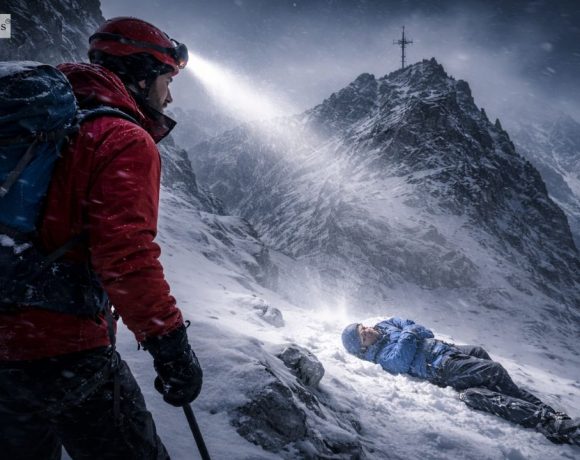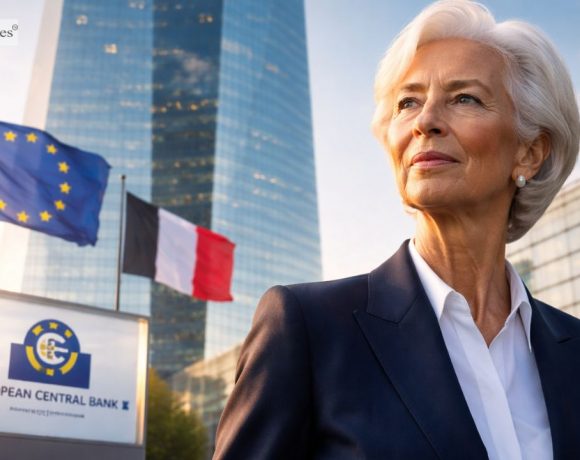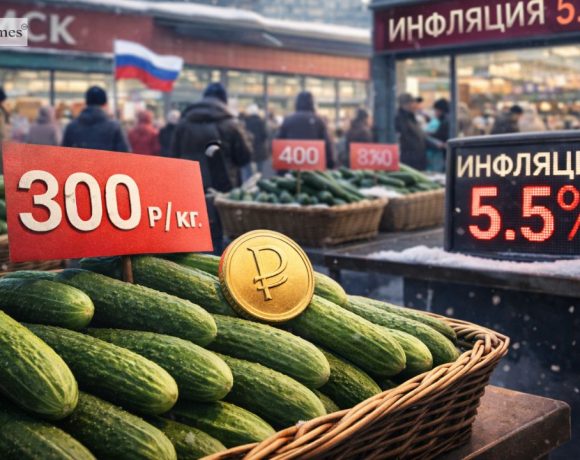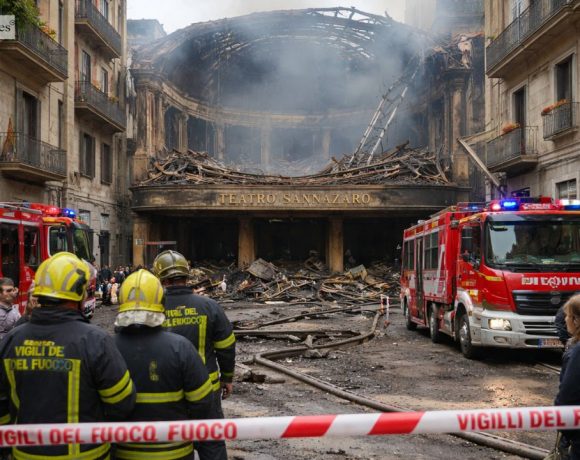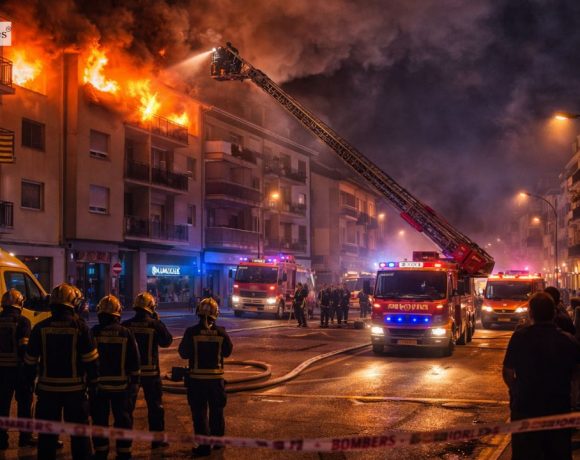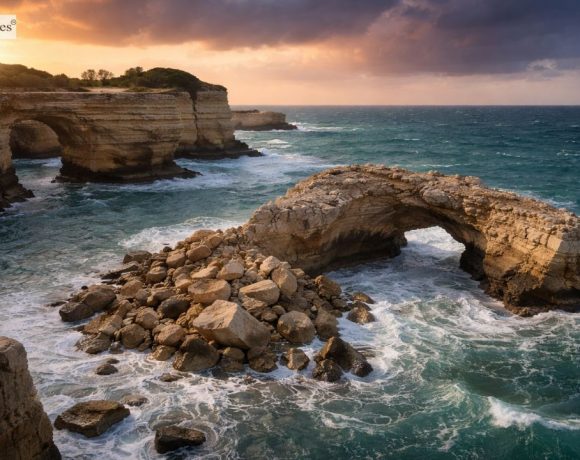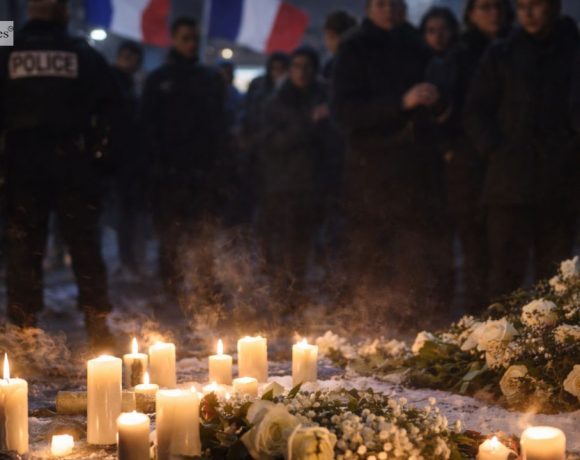
Nine individuals have been arrested in France following the death of 23-year-old Quentin Deranque, a far-right nationalist student who succumbed to head injuries after an attack in Lyon. The assault occurred during a far-right feminist demonstration at the city’s Institute of Political Studies (Sciences-Po), where Deranque had been helping provide security. Authorities say he was beaten and kicked by a group of masked individuals, dying two days later in hospital.
Among those detained is Jacques-Elie Favrot, a parliamentary assistant for a deputy from the far-left France Unbowed (LFI) party. Investigators believe the suspects are far-left militants associated with the banned group La Jeune Garde (Young Guard). The arrests have intensified scrutiny of LFI and its 70 MPs, as well as its leader Jean-Luc Mélenchon, a potential presidential contender, though Mélenchon denied any connection to the violence.
French authorities confirmed that Deranque suffered fatal skull and brain injuries inflicted by at least six attackers, according to state prosecutor Thierry Dran. The case has sparked national debate over political violence and the responsibilities of extremist groups, as well as the role of party-affiliated staff in such incidents.
Pic courtesy: google/ images are subject to copyright

